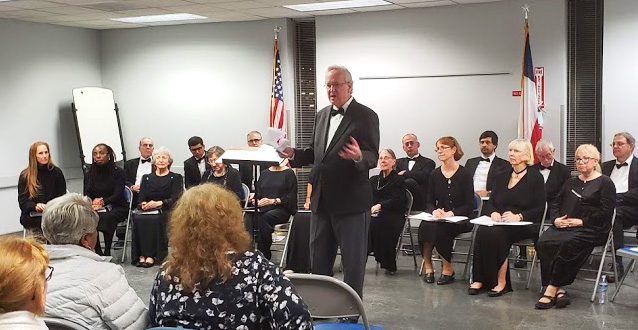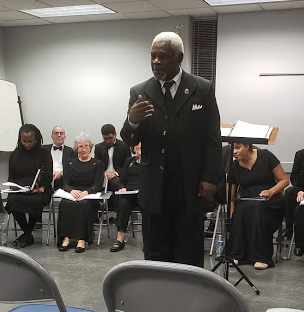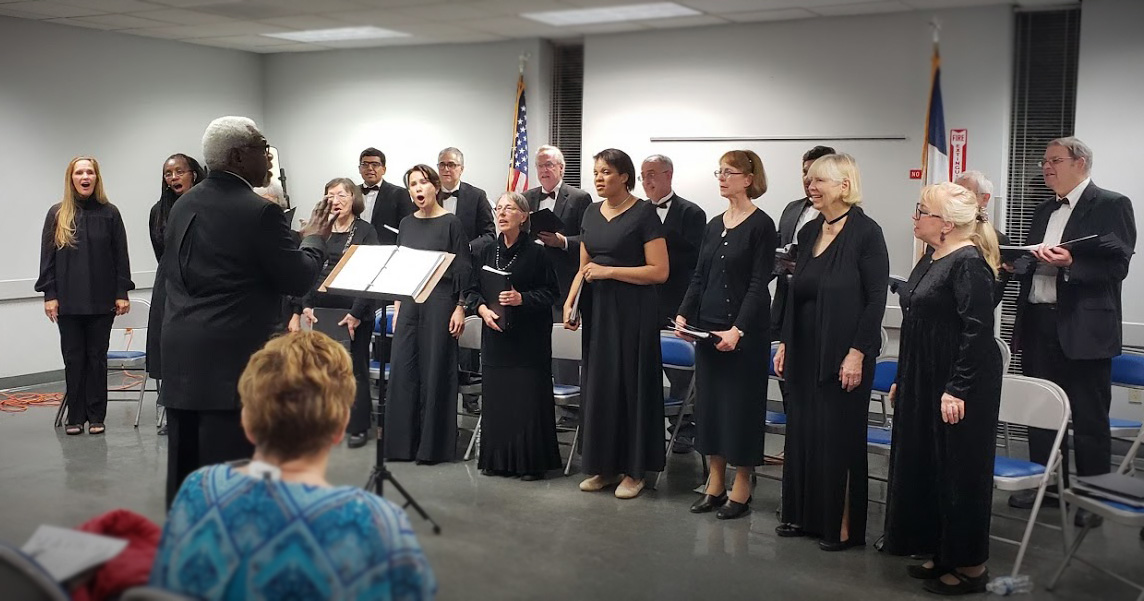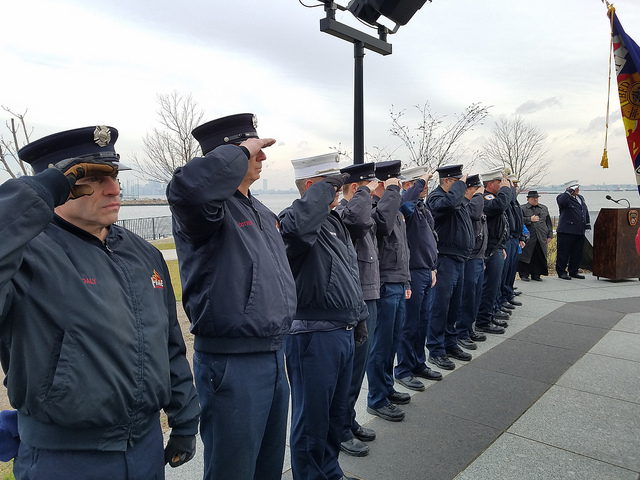To offer solutions through a new global health initiative.
By Helga Zepp-LaRouche, The Schiller Institute, Founder and Chair
(To add your name to endorse the Committee for the Coincidence of Opposites click here.)
The combination of crises we are now facing has reached such unprecedented proportions that it seems to exceed the psychological limits of what is bearable. Health experts throughout the world are warning that it may take another nine months before all nations can be supplied with a vaccine — and even then, the availability is not guaranteed. In the meantime, another one million people may lose their lives due to COVID-19.
But a much greater number of lives are threatened by the famine now spreading in developing countries, as a result of the decline in agriculture, and the collapse of the so-called informal sector of the economy. Many countries are already torn apart by preexisting social tensions that the pandemic has now exacerbated. This dynamic could massively grow in the coming months.
The International Labor Organization (ILO) has reported a huge drop of 10.7% in global labor income in the first nine months of this year, which amounts to 3.5 trillion dollars, and a loss of up to 500 million jobs by the end of the year. In the advanced economies, the bankruptcies, short-hours, and layoffs that jeopardize the existence of so many, were at least temporarily attenuated by government relief programs. But most developing countries are totally unable to fund similar programs. In the so-called “lower-middle income” countries, the income loss amounted to 23.3% in the second quarter, and 15.6% in the third quarter, and the forecasts for the fourth are much more pessimistic.
Considering that more than half the population in sub-Saharan African countries did not have well-balanced and sufficient nourishment even before the outbreak of COVID-19, the news reported by Vice.com that food prices in all of Africa have risen by 250%, is truly catastrophic. As the head of the World Food Program (WFP) David Beasley has warned for months now, a famine of “biblical proportions” threatens to kill up to 300,000 people per day. Phillip Tsokolibane, Schiller Institute collaborator in South Africa, has issued an urgent appeal for an international mobilization to fight starvation in Africa. “It is not a matter of what will happen – IT IS ALREADY HAPPENING.”
It is clear that faced with such a tragedy, only governments working together can implement the emergency programs needed to save the lives of many millions. However, unfortunately, the past months have shown that geopolitical confrontation with Russia and China is on the West’s agenda, and not cooperation, and, to name just one example, of the 5 billion dollars that the WFP urgently requires, it has only received 750 million. What is to be done? Shall we stand by, and watch the tragedy play out before our eyes?
In response to the 14th century Dark Age, which was characterized by catastrophes similar to those of today, Nicholas of Cusa, the inventor of modern science and the sovereign nation-state, and the great thinker of the 15th century, developed a new method of thinking, the Coincidentia Oppositorum, which represented, as he emphasized, an entirely new approach to solving problems. It was the idea that the human mind, in the living image of the Creator, is able to define the higher level on which all seemingly unsolvable contradictions can be resolved. According to Nicholas, the human mind is able to think of the One, which is of a higher power than the Many. In a similar way, Albert Einstein observed that problems cannot be solved on the level on which they were created.
Thinking in terms of the coincidence of opposites is the method that must be applied to solve the crisis that threatens all mankind today. We have to define a solution that meets the existential needs of all relevant individuals and interest groups on an equal basis. Concretely, this approach is readily applicable in regard to the pandemic.
It is the young people of this world whose future is most threatened by the combination of the pandemic and the economic crisis, although they were in no way responsible for them. Therefore, we need to develop prospects for them that both address the real problem, and give them a concrete task. We will only be able to navigate the COVID-19 pandemic, and similar future pandemics, if a modern healthcare program is established in every single country of the world, one which corresponds, in principle, to the Hill-Burton standard in the U.S., the German and French healthcare systems before their privatization drives, or the system which proved to be so successful in Wuhan, China.
The first step in that direction could be taken by setting up partnerships between, for example, university clinics, hospitals, and medical faculties in the U.S. and European nations, and similar institutions in Africa. To build a modern healthcare system, not only medical capacities, such as hospitals, infrastructure, water, electricity, etc. are needed, but also a large number of well-trained medical personnel.
In that regard, such partnerships should train young people in the U.S., Europe and African countries, some of whom are unemployed, firstly, to become, medical auxiliaries, and then medical personnel, on the model of Roosevelt’s Civilian Conservation Corps (CCC). The very first step is to train young people so they can be deployed into the communities, or villages, and show the population the public health measures needed to fight the pandemic. In Tuskegee (Alabama), Tennessee, St. Louis (Missouri), and other places in the U.S., such cooperation with local institutions is already in place, which also involves clinics and local police forces in the various confidence-building measures, such as home visits, which is of extraordinary importance, given the overall uncertainties of the population, and the (often massive) campaigns against wearing masks, the rejection of vaccines, etc.
In the African partnership projects, the joint training and deployment of American and European youth aid workers with African youth, also requires confidence-building measures that can be carried out by medical personnel, as well as representatives of churches, or disaster-control organizations. Such programs should first focus on the distribution of medical supplies, and easily transportable food, such as powdered milk, dried and canned meat, etc., and then be expanded, as quickly as possible, to include training in infrastructure building, farming and industrial projects.
In the social flashpoints in American cities or European suburbs, where violent street fights have recently occurred for various reasons, and where young people are exposed to a wide array of dangers, such as drugs, alcohol, gang crime, internet addiction and a degraded counterculture, such training opportunities would be just the alternative they need to find a socially necessary and future-oriented task. In the U.S., such creative non-violent direct action would be in the historic tradition of the civil rights movement of Dr. Martin Luther King, Jr. It should be remembered that Amelia Boynton Robinson, the civil rights activist who had brought Dr. King to Selma, Alabama, and who was beaten up by the police, and left for dead on the Edmund Pettus Bridge, during the infamous “Bloody Sunday” in March 1965, was the Vice President of the Schiller Institute for 25 years.
This is not the place to discuss the complexity of the social flashpoints, be it in the American cities where violence has broken out, in particular in the aftermath of the murder of African-American George Floyd, or in the French suburbs, where the effects of the pandemic dramatically exacerbated the long-standing social unrest. Although those social conflicts are undoubtedly instrumentalized by certain forces for their own political ends, it is nonetheless urgent to eliminate the real causes of the despair and uprooting of the young generation. Such an initial training to become medical auxiliaries, in many cases, can be the entry point for further professional training as a nurse, doctor or medical scientist.
In this moment of extreme polarization and violence in the streets the Committee of Coincidence of Opposites will also reconnect to the nonviolent tradition of Mahatma Gandhi, who defeated the British Empire in India, with that method and the Civil Rights Movement of Dr. Martin Luther King, Jr., who were able to bring otherwise totally opposed political forces together in direct civil action.
This committee should bring together people with various qualifications, who can demonstrate in an initially small, but well-designed, example, how to approach the problem, in such a way that it can also be used as a pilot project for the large-scale government programs, that will hopefully follow soon after.
While it is urgent to train enough medical personnel worldwide to build a world health system, it must go hand in hand with overcoming the hunger pandemic. It is a crime against humanity that, as a result of the hunger crisis, massively compounded by the pandemic, literally many millions of people in developing countries are at risk of starvation (one of the most excruciating forms of death, according to former UN commissioner for Human Rights Jean Ziegler), while in the U.S. and Europe, farmers are struggling for their economic survival. Some have had to kill their herds, because the cartels have created slave labor-like conditions in the meat processing industry, leading to the repeated emergence of COVID-19 clusters. It is also unacceptable that the farmers, who produce vital sustenance for the entire society, are driven into bankruptcy by the maximum-profit policy of the banks and cartels, and by ideological, so-called “green” constraints.
Farm representatives should therefore join these medical teams to organize the emergency delivery of appropriate foodstuffs to crisis zones, and to begin training other young people to develop agricultural capacities in developing countries. Together with African farmers, they could begin to set up modern agriculture, which, of course, requires the development of infrastructure, water and electricity supplies, etc. There are enthusiastic young and older farmers in the U.S., Germany, France or Italy, who, in such a crisis situation, would consider it part of their mission in life to help overcome an unprecedented emergency with such a program.
The U.S. and Europe need an association of retired medical workers, concerned individuals, and social and religious organizations, to work together on this committee, in order to set up this training project. Part of their task is also to raise the donations needed from international and medium-sized firms, from board members who understand not only that these projects are a humanitarian necessity, but that it is also in their own best interest to maintain a livable world.
As soon as these projects take on a concrete form, they will spark the kind of enthusiasm that all great pioneer projects can generate, despite the seriousness of the situation, and they will give future prospects to many young people who would otherwise be dragged into social revolts and violent activities.
As mentioned, such a private initiative (direct civil action) in the tradition of the non-violent actions of Mahatma Gandhi and Dr. Martin Luther King, Jr. cannot, by itself, solve the gigantic challenge before us. But it can provide a practical example of how people of good will can intervene in an otherwise desperate situation, and point to the required solution. These concrete examples will then encourage governments, or put pressure on them, to join forces and create, through a new credit system, the framework to permanently overcome underdevelopment in the developing countries.
In that way, the idea of Nicholas of Cusa, that a solution can be found on a higher level that takes into account the interests of all those involved, would find a concrete application today. This initiative will contribute to the fight against the pandemic, it will define a meaningful task for young people, and it will help to improve acute emergency situations in economically disadvantaged regions in the U.S. and Europe, as well as African countries. It will also highlight the vital importance of agriculture in times of famine, and save people from starvation. In a situation where many people feel powerless in the face of the catastrophe of the century, the committee will give every individual the opportunity to contribute something to overcoming the crisis.
To add your name to endorse the Committee for the Coincidence of Opposites click here or for more information call 917-475-8828.

























